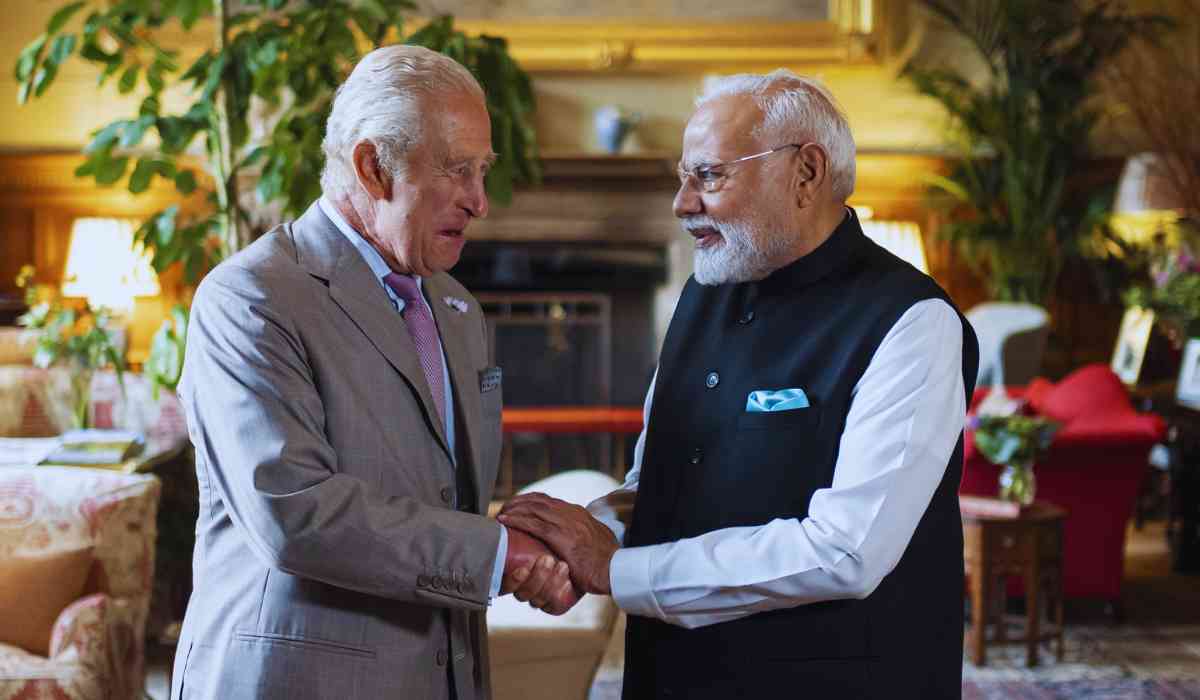On July 24, 2025, a historic moment unfolded at Sandringham House in the United Kingdom when King Charles III warmly received Indian Prime Minister Narendra Modi shortly after the signing of a landmark India-UK Free Trade Agreement (FTA). This meeting and the trade deal underscore an important new chapter in the relationship between India and the UK, highlighting shared interests in trade, sustainability, culture, and bilateral cooperation.
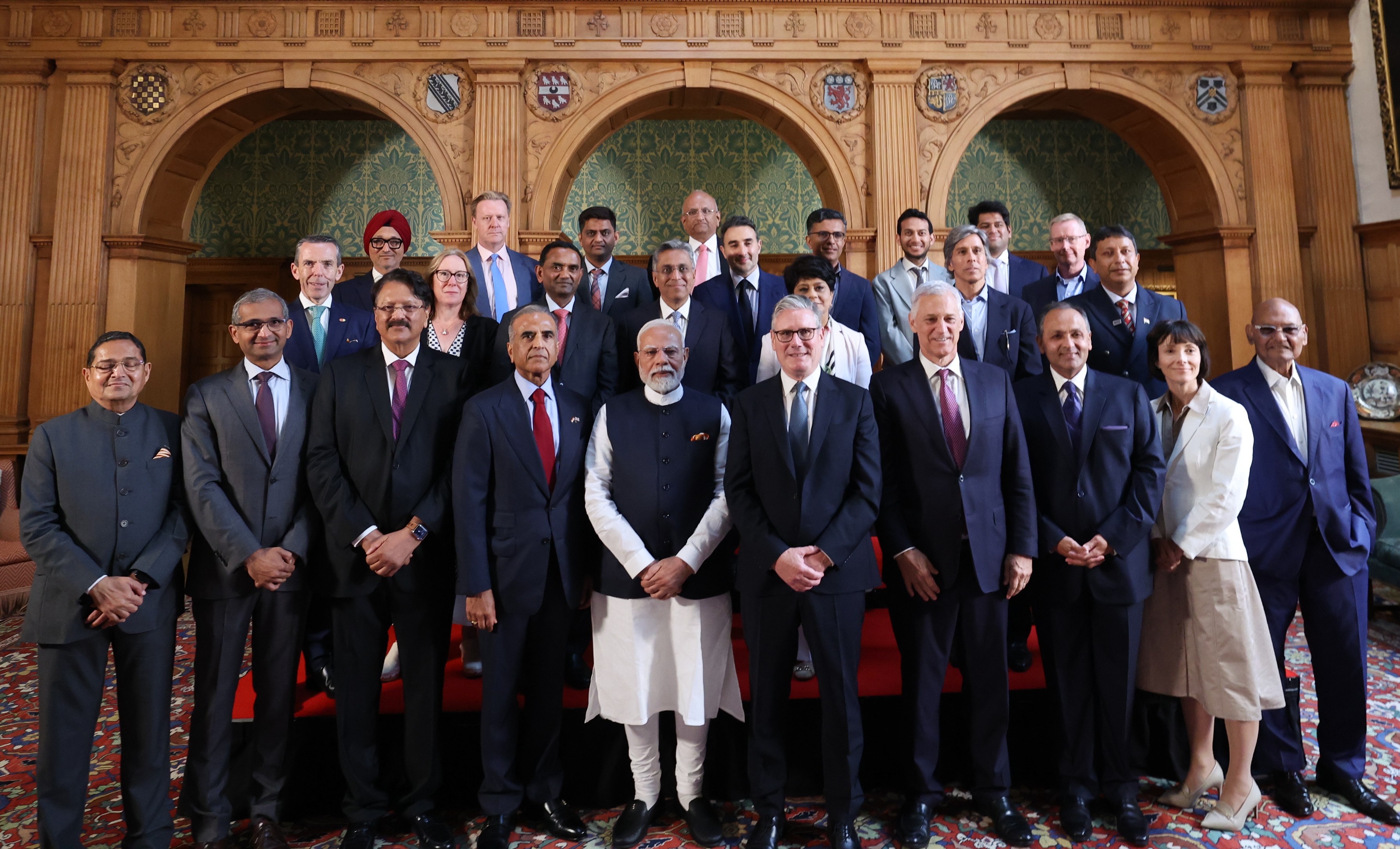
The newly signed India-UK Free Trade Agreement is especially noteworthy as it marks India's first major bilateral trade deal with a developed nation in over ten years. The agreement aims to boost bilateral trade significantly by offering near-zero duty access for about 99% of Indian exports to the UK, easing tariffs and barriers, and encouraging investment and commerce between the two countries. This deal is expected to come into effect within a year after both sides complete legal formalities and is projected to nearly double trade volume to $120 billion by 2030. The FTA includes key aspects such as tariff reductions, intellectual property protections, and opportunities to deepen business ties.
Following this landmark signing, PM Modi met King Charles at the royal Sandringham Estate, which also serves as the King’s summer residence. During this meeting, PM Modi gifted King Charles a tree sapling to be planted later in the autumn. This gift was inspired by Modi's environmental initiative called “Ek Ped Maa Ke Naam” (One Tree in The Name of Mother), a campaign launched in India to encourage people to plant trees in honor of their mothers, symbolizing respect, nature, and sustainability. The King's acceptance and willingness to plant the sapling reflect a shared commitment to environmental conservation and green living, a value both leaders emphasize.
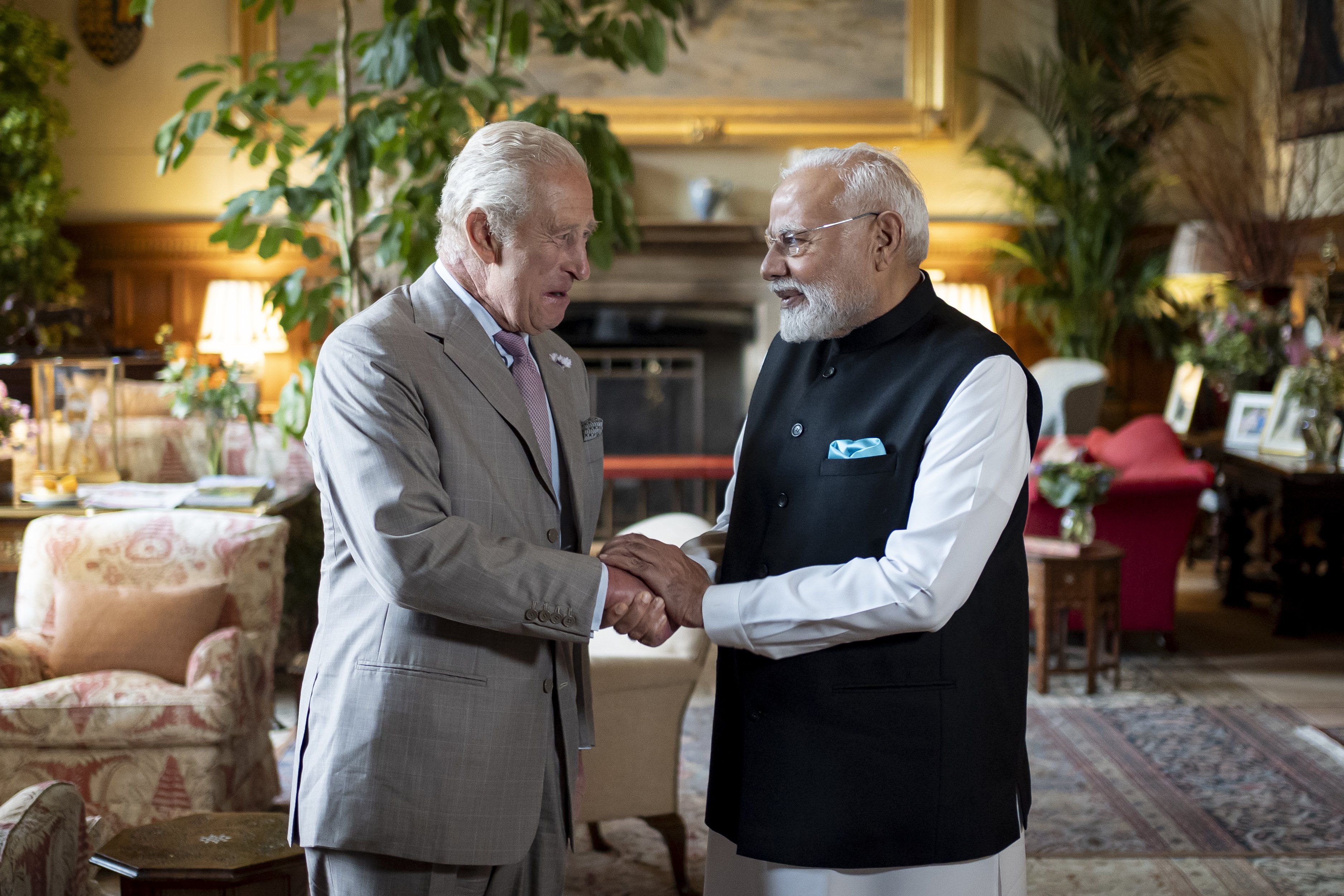
In their discussions, beyond trade, the two leaders covered a variety of topics reflecting the broad scope of India-UK relations. These included advancing education, health, and wellness, particularly promoting the ancient Indian practices of Ayurveda and Yoga, both of which King Charles is passionate about. They also talked about sustainable living, renewable energy progress in India, and ways to collaborate further on climate change and environmental protection. Such dialogue shows not only an economic partnership but also cultural and ecological cooperation.
The reception of PM Modi by King Charles at Sandringham and the symbolic tree planting stand as gestures emphasizing friendship, respect, and mutual understanding. PM Modi also invited King Charles for a state visit to India, signaling ongoing diplomatic warmth and future collaborations. The two leaders also discussed cooperation within the Commonwealth, pointing to shared historical and political ties.
From a broader perspective, this meeting comes at a time when global trade relationships and environmental concerns top international agendas. The India-UK FTA offers both countries economic benefits, facilitating easier exchange of goods and services, and fostering investment. For India, the deal opens doors to a major developed market; for the UK, it strengthens ties with a rapidly growing economy, balancing global trade interests post-Brexit.
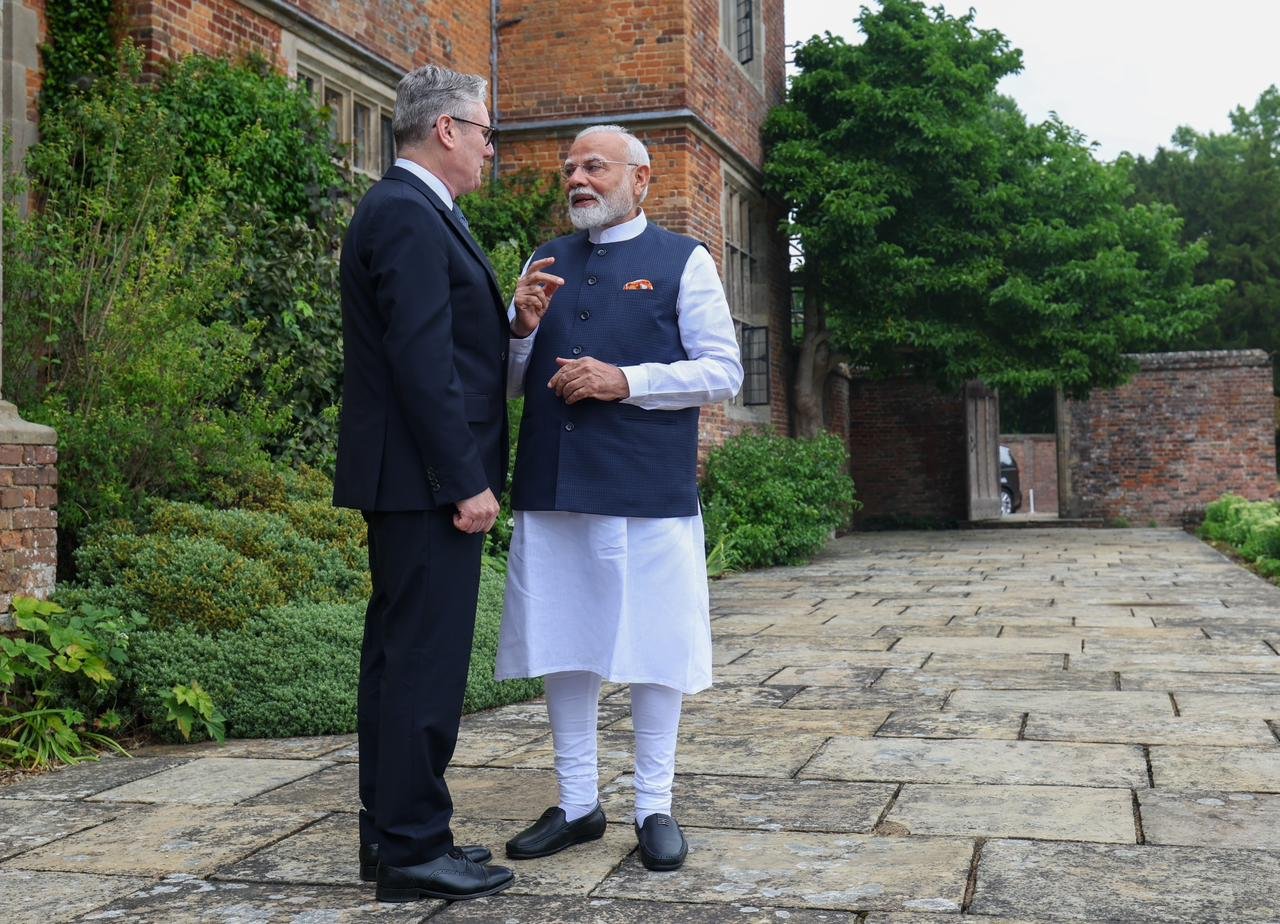
The environmental initiative presented during the meeting adds a uniquely human and cultural element to this diplomatic occasion. Planting trees as a tribute to mothers connects ecological responsibility with emotional values and community engagement, resonating not only in India and the UK but globally as a simple but powerful act toward sustainability.
In summary, the King Charles-PM Modi meeting at Sandringham following the signing of the India-UK Free Trade Agreement marks a landmark moment of strengthened partnership between the two nations. It blends economic opportunity with cultural exchange and shared commitments to sustainability, reflecting a modern, multifaceted alliance poised to grow in the coming years.
This event is being viewed positively by people who value enhanced economic cooperation and environmental responsibility. Experts suggest that while the trade deal brings prospects for growth and mutual benefit, it also challenges both countries to maintain balance in protecting domestic industries and ensuring fair terms. The environmental aspect, epitomized by the tree sapling gift, invites citizens to partake in simple actions with profound implications for the planet’s future.
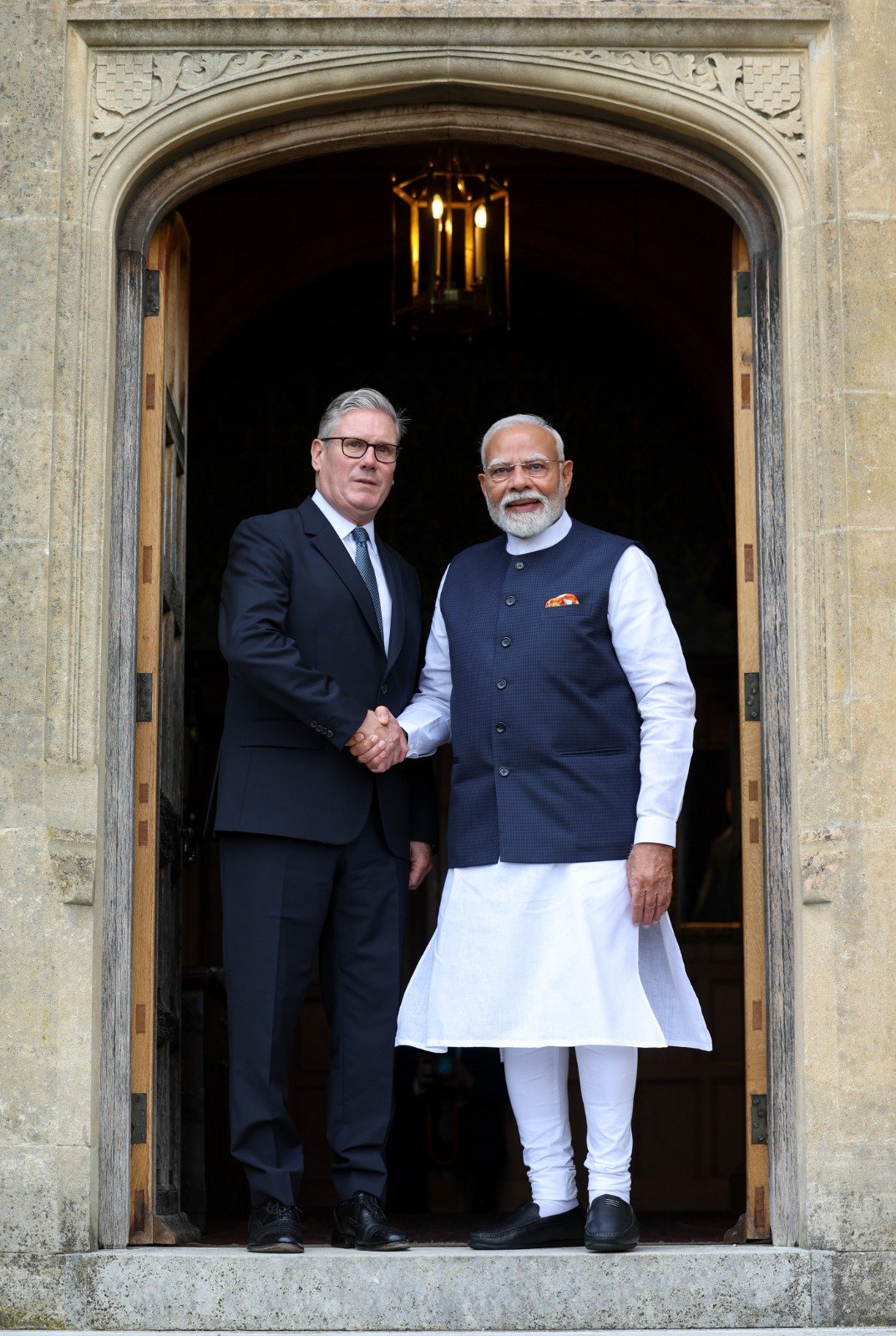
Thus, this meeting exemplifies how diplomacy today often goes beyond politics and trade, embracing culture, environment, and collective vision, setting a constructive tone for India-UK relations in the years ahead.
With inputs from agencies
Image Source: Multiple agencies
© Copyright 2025. All Rights Reserved Powered by Vygr Media.

